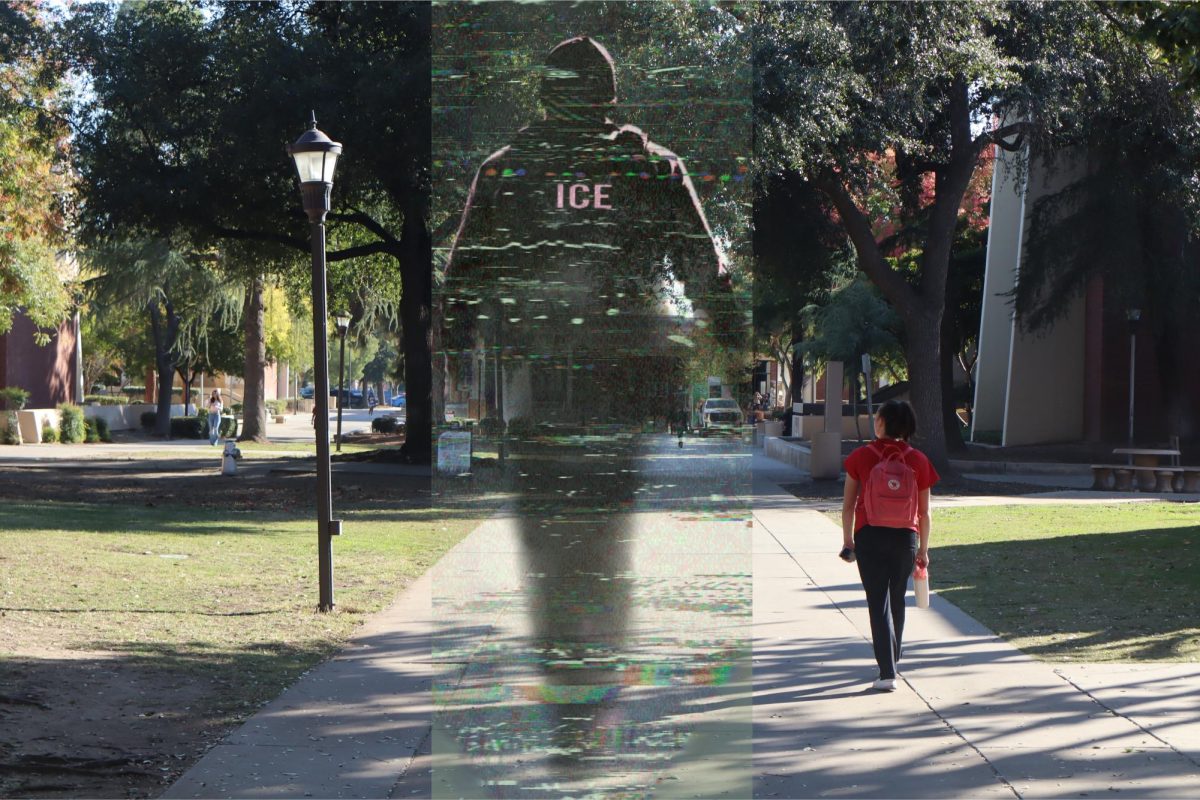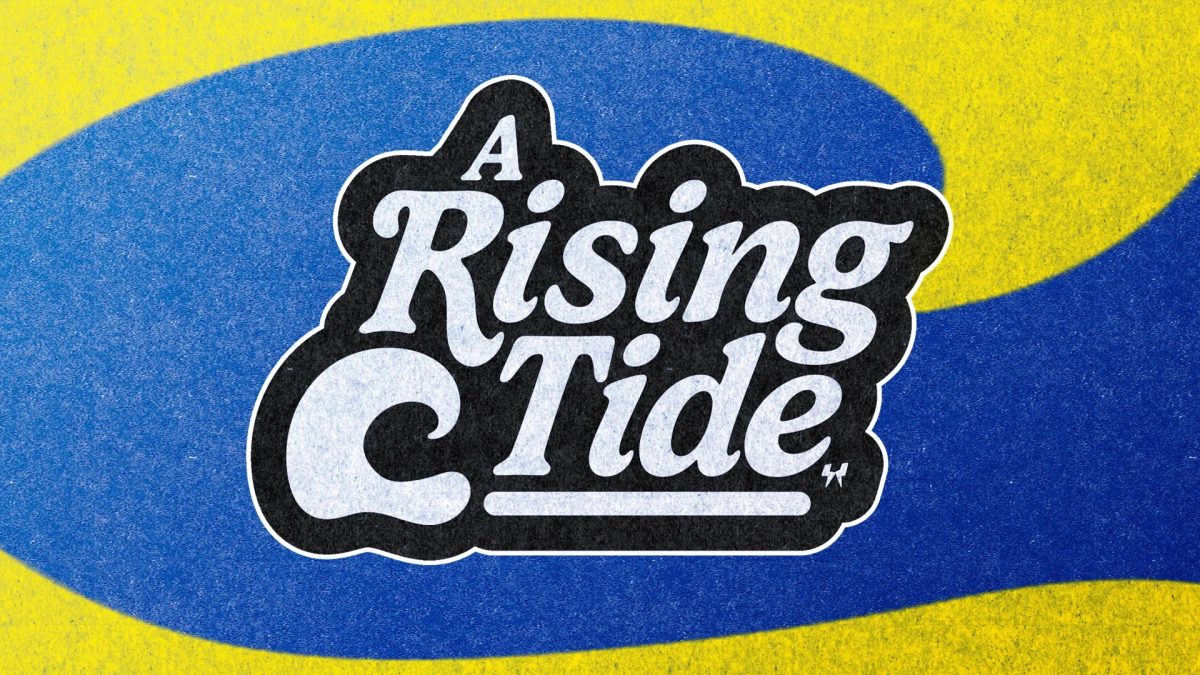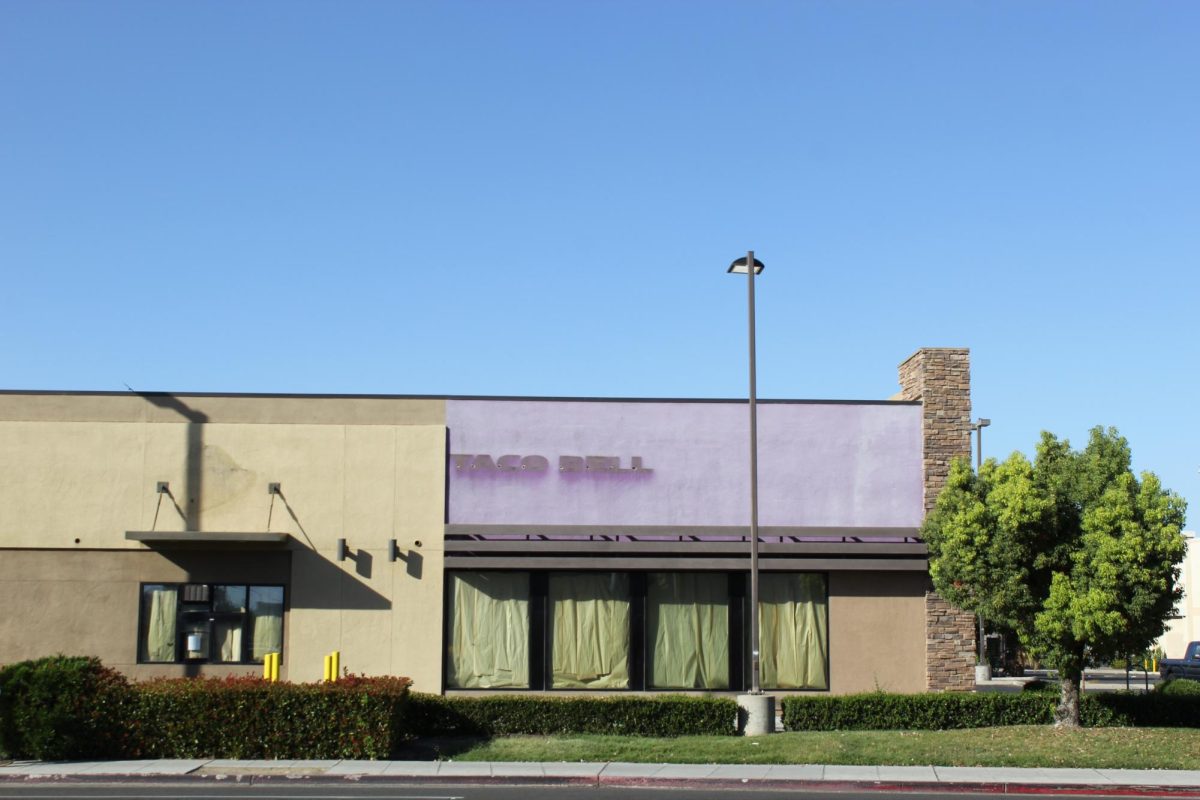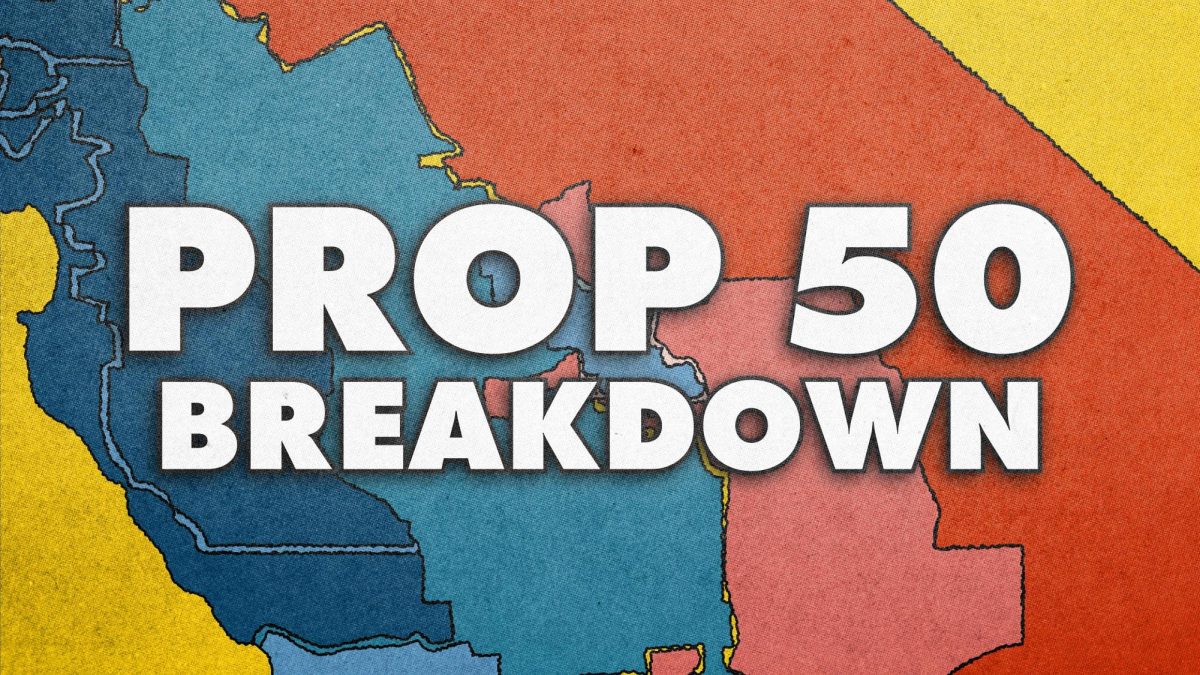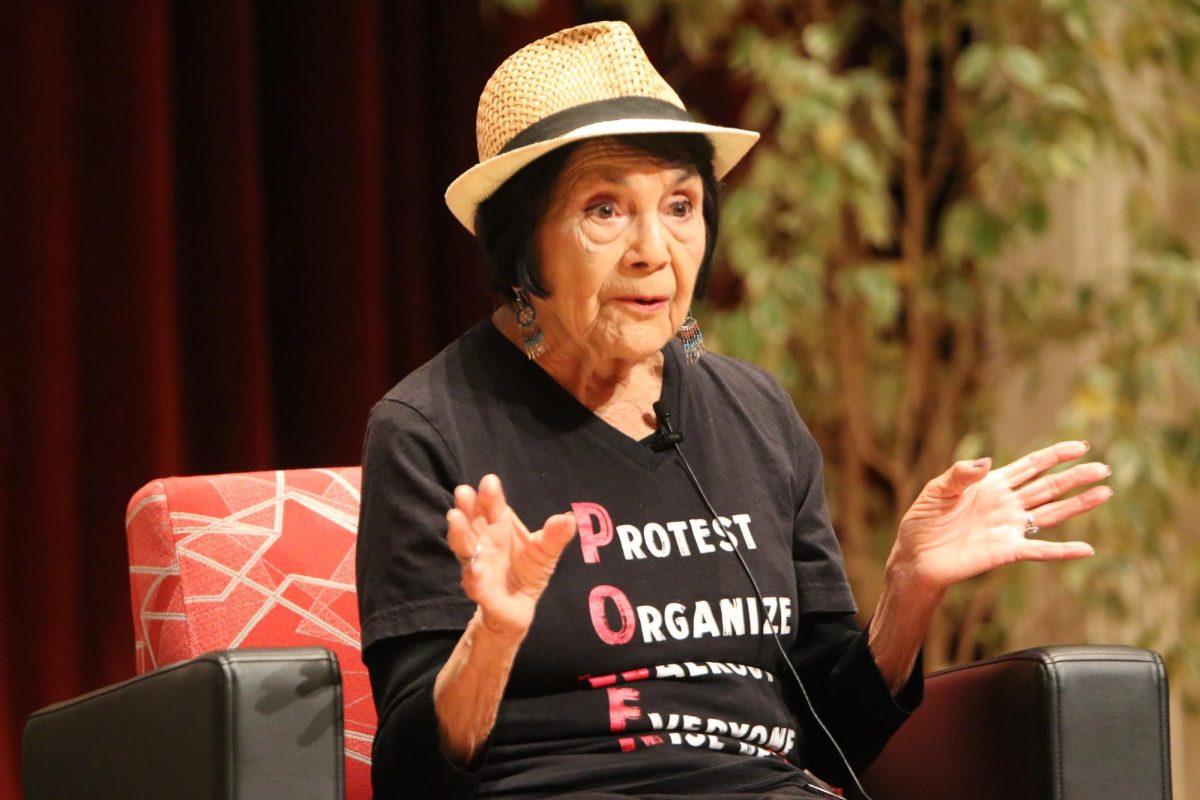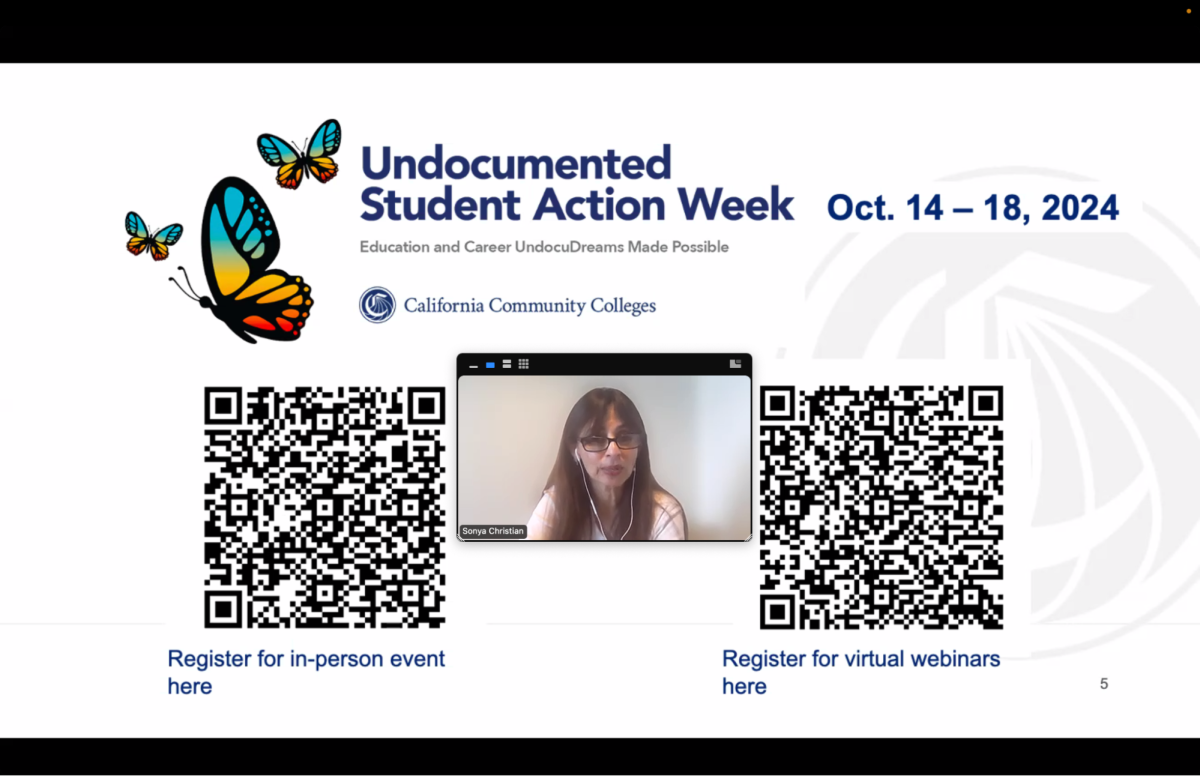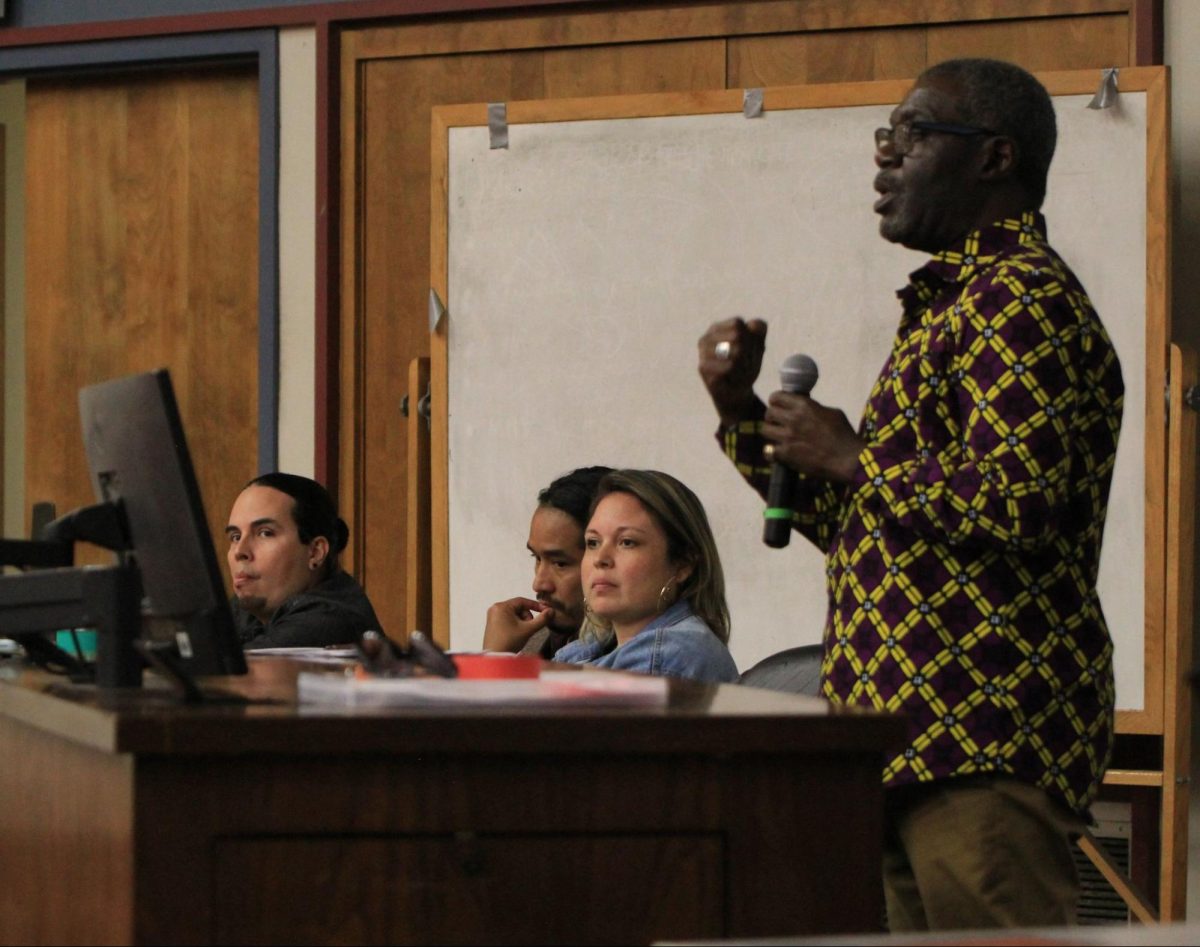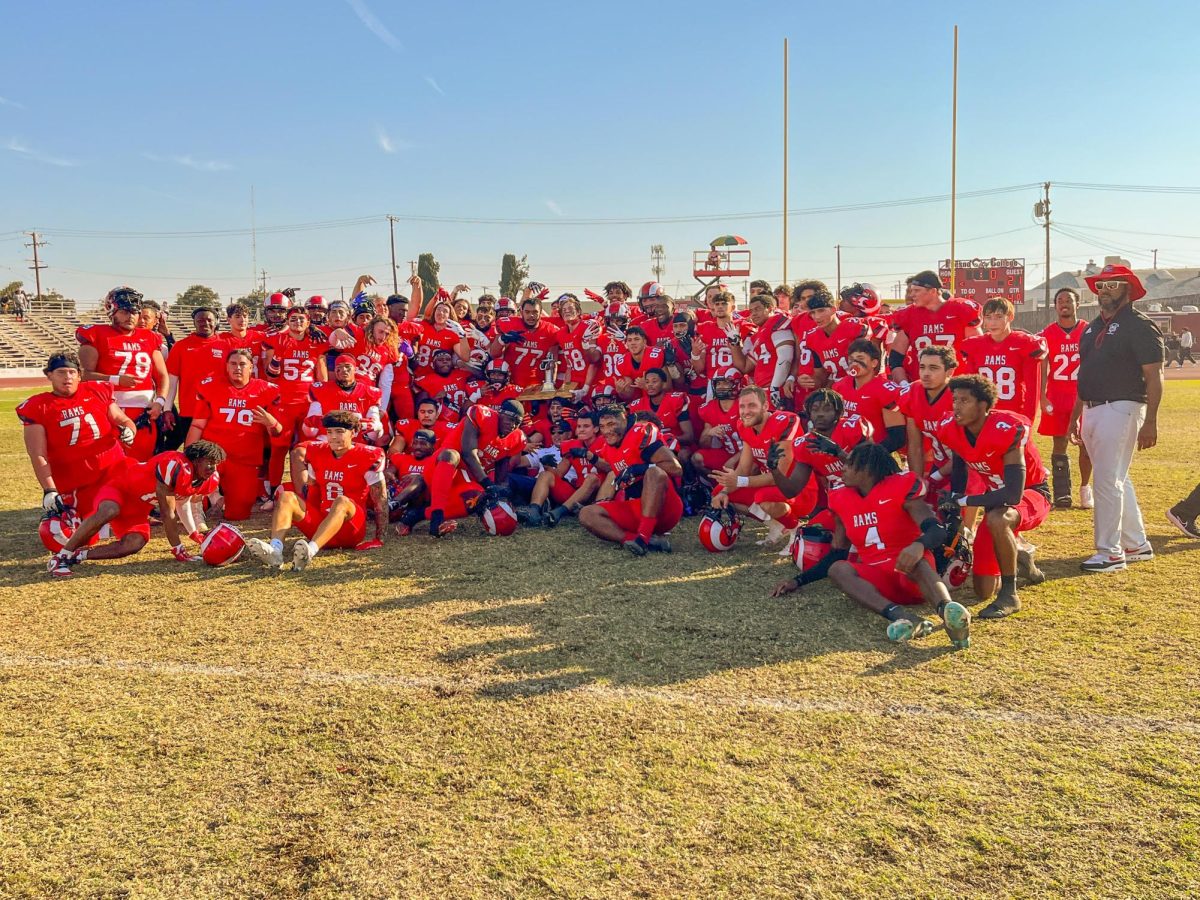Students seeking an opportunity to hone their public speaking skills or learn about the art of speech and debate will find just what they are looking for at the annual Intramural Speech Competition held today at Fresno City College. The event, which takes place in the Music and Speech Building, is organized by the Communication Arts department.
The competition has three rounds and awards trophies and cash scholarships to all winners. It is organized specifically for students with no or very little competitive speaking experience as a way to create a fair and balanced environment, event coordinator and department co-chair, Dan Scott said.
Two categories, persuasive and informative, constitute the speech topics, and are chosen by students themselves. “When all the topics are different I think it keeps the students engaged,” Scott said.
Co-chair of Communication Arts and participating advisor Cyndie Luna agrees.
“I think the diversity in topics makes my job a lot more fun,” she said.
Several of Luna’s students plan to participate in the competition. They are all enrolled in her public speaking class and had been informed of the event by Luna beforehand.
“It’s kind of fun to speak on something that I researched in class and then see if other people react the same way that we got in class … it’s fun to inform,” Christopher Meisner, one of Luna’s students said. Meisner will give an informative speech on why cats purr at the Speech Intramural, a topic originally used for a class assignment.
The competing students will be judged by more experienced Forensic Club students, an on-campus club ran by Scott and communication arts instructor Eric Fletcher. Dr. Claudia Habib, Interim Dean of Fine, Performing and Communication Arts, will act as a guest judge in the final round of the speech competition.
Scott who became employed full-time at FCC in 2005 said he and other communications teachers such as Cyndie Luna have organized the event each year.
“I just thought we needed some kind of competition for all students [where] they could have the same kind of opportunity our traveling students get,” Scott said.
For Scott, whose classes specialize in public speaking, the competition has proven to be a powerful and positive tool, both for himself and the students.
“I was in the intramural and I took second place. And for me, it was one of my greatest accomplishments ever because I was scared to death of public speaking,” he said. “That was probably the day that I decided to become a communications teacher.”
Communication Arts Department-sponsored speech competitions are held three times each year: once in the fall, one in early spring and a final competition in May between finalists of both semester competitions. While finalists in the fall and spring can win a $150 scholarship at the initial level, they can also win an additional $75 during the May competition.
Luna holds a similar view as Scott about the merit of intramural competitions.
“A lot of the students that end up in finals are the ones that got that really positive feedback in class, [with] all of their classmates saying ‘oh that was awesome’.”
According to Scott, many of the students who participate in the Intramural Speech Competiton go on to join the Forensics team at FCC. The club, ran by Scott and Communication Arts instructor Eric Fletcher, travels throughout California to compete in competitions including persuasive and informative speeches as well as other forensics mainstays such as prose and Lincoln-Douglas debates.
The team recently competed at University of the Pacific and attended state championships last year.
The event, which begins at noon, starts with students being separated into different rooms in the Music and Speech building for their first competition. After lunch the judges decide who will move on to the second round and compete in the finals.
J.P. Caprioglio, a business administration major in Luna’s class plans to compete. For helpful tips for other student competitors, Caprioglio keeps it simple. “Be confident and know what you’re talking about,” he said.
Meisner, similarly, thinks students should “take some deep breaths and hope for the best.”

